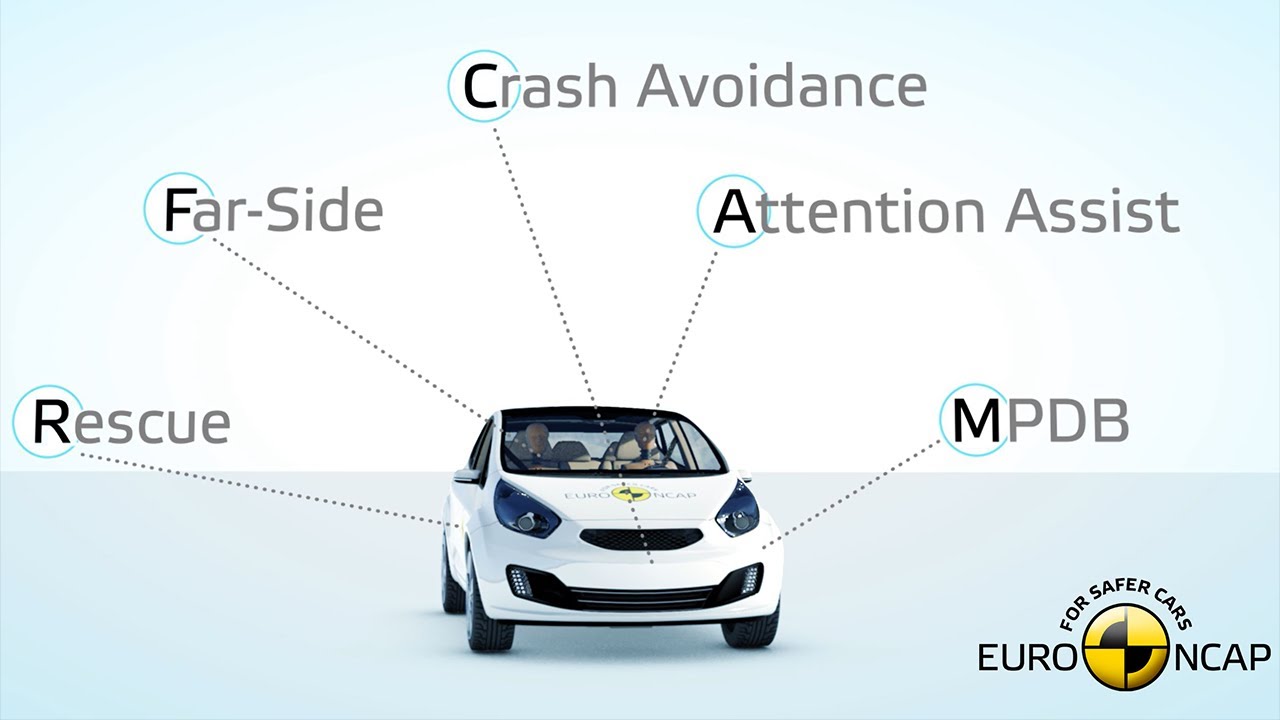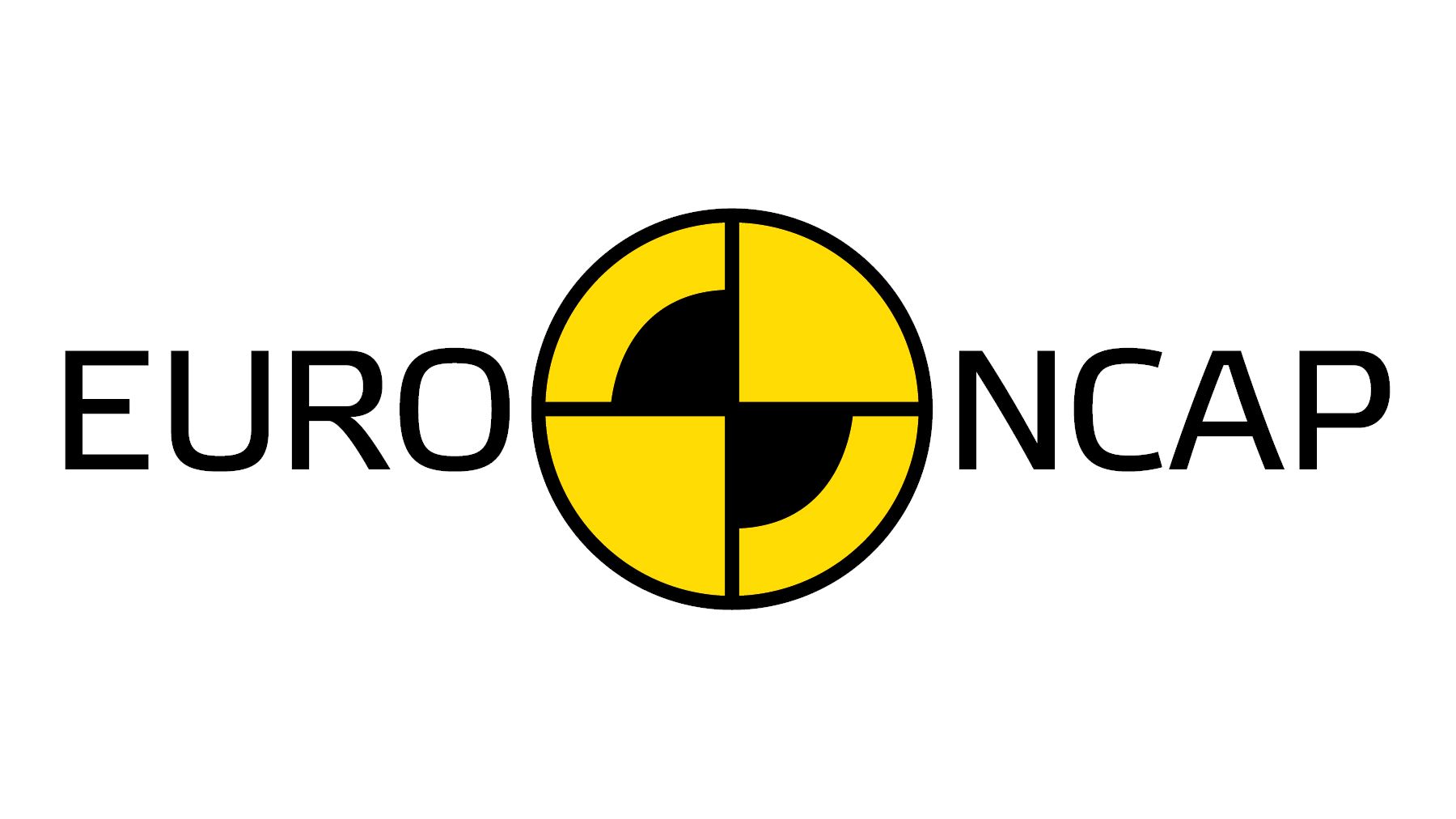The European New Car Assessment Program (Euro NCAP) has announced forthcoming safety testing changes that could significantly alter the approach automakers take towards vehicle interiors and touchscreens.
Set to be implemented in January 2026, these modifications may necessitate the incorporation of more physical controls, such as buttons, stalks, or dials, for certain critical vehicle functions.
To obtain the highest five-star safety rating, automakers will be required to utilize traditional controls for specific operations, including indicators, hazard lights, horn activation, wiper control, and emergency services activation.
While compliance with these guidelines is not mandatory, failure to adhere may impact a vehicle’s safety rating from NCAP testing.
Matthew Avery, director of strategic development at Euro NCAP, underscores the rationale behind these new measures, citing concerns over the proliferation of touchscreens leading to driver distraction.
He emphasizes the need for separate physical controls for basic functions to minimize driver distraction and enhance road safety.

One prominent automaker likely to feel the impact of these regulations is Tesla, known for its minimalist vehicle interiors dominated by touchscreen controls.
The shift towards more screen-centric interiors has been mirrored by other manufacturers like Rivian, Mercedes-Benz, BMW, Audi, and Porsche. However, some companies, such as Volkswagen and Hyundai, have opted for a return to physical controls in their electric vehicle (EV) interiors.
While these changes primarily affect European automakers, their broader implications prompt inquiries into potential similar regulations in the United States. The Insurance Institute for Highway Safety (IIHS) and the National Highway Traffic Safety Administration (NHTSA) have been approached for comments on the matter.
IIHS indicates no specific plans for new tests regarding touchscreens or button controls but emphasizes the importance of design choices that reduce driver distraction, advocating for the integration of voice commands.
NHTSA highlights proposed updates to its safety assessment program, including consideration of emerging vehicle technologies related to driver distraction.
The shift towards physical controls for essential vehicle functions, coupled with effective use of screen real estate, is viewed as a positive step towards enhancing safety on the roads, both in Europe and potentially in the United States.
Also read: Aston Martin Introduces the Latest Safety Car for the 2024 F1 Season

